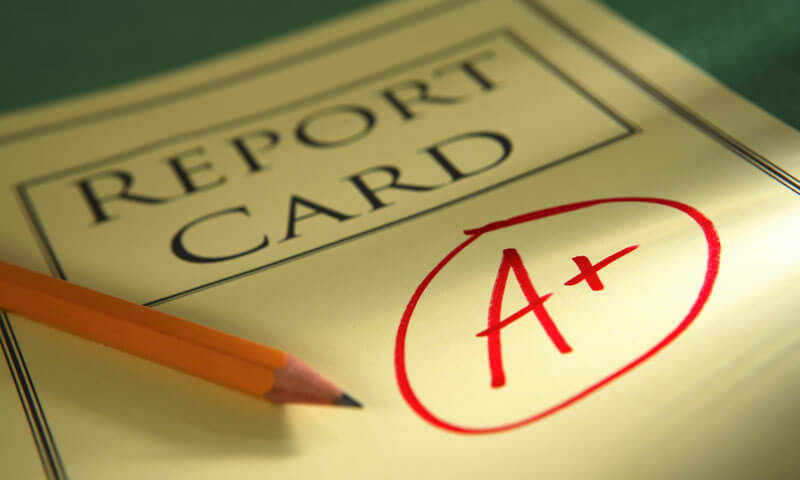Summary: Thomas Jefferson School of Law, which has been facing financial trouble, recently missed a bond payment and must now restructure its debt to ensure operations continue.
Thomas Jefferson School of Law, a private law school located in San Diego, disclosed in a financial filing that it missed its bond payment obligation in June. It must now restructure its debt, and it has already come to an agreement with creditors to hold off until at least October 17. The school must fork over another $2 million during that time.
Officials at the law school stated that they hope to reach a restructuring deal with bondholders. Luckily for the law school, the bondholders have agreed not to pursue legal remedies at the moment.
The school released a statement Tuesday evening, saying, “As part of the negotiations, various potential structures and restructuring alternatives have been discussed. The parties have a mutual interest in restructuring the law school’s debt in a way that will allow the school to remain in operation and prosper.”
Many independent law schools, like Thomas Jefferson School of Law, have had difficulty recovering from the recession, especially when coupled with record lows of law school applications. Since these schools are not affiliated with larger universities, they lack the financial safety net that a large university could provide when the law school needs money.
In a six-year period, from 2007-2013, applications to Thomas Jefferson dropped 45%, although its acceptance rate shot up from 45% to 81%. Teaching and administrative positions were cut last year after the school failed to meet enrollment targets. A new dean was also hired, Dean Thomas Guernsey.
It has been a difficult few years for the school. In 2011, a 305,000 square foot “luxurious” new building was opened. The $90 million construction soon became involved in litigation.
Last year, roughly 1,000 students were enrolled at the law school, and 42 full-time faculty were on board. The operating budget was around $40 million. That October, the school’s credit rating was downgraded two scores to B+, which is “junk-bond status.” The rating also came with a poor outlook. In December, Standard & Poor’s Rating Service observed, “We believe the law school’s large amount of debt and very high debt service, which resulted from the construction of a new facility that the school put into service during 2011, are credit weaknesses. In our opinion, there is also enrollment risk given the declining number of law students nationally and recent weaknesses in headcount that will likely compress operating margins, particularly since the school has no track record of fundraising.”
Photo credit: tjsl.edu













































